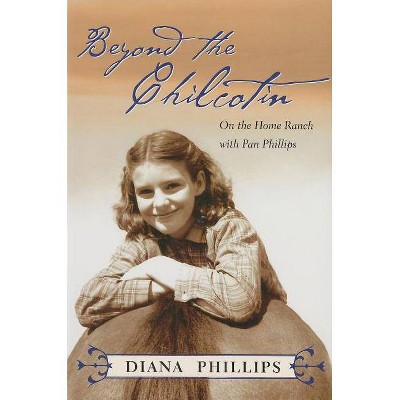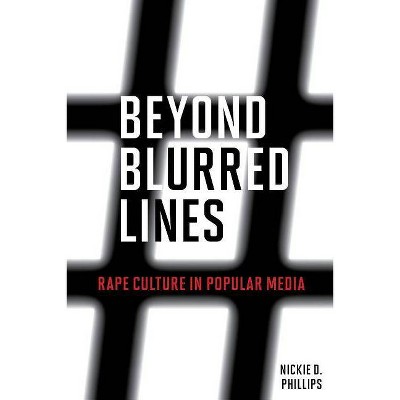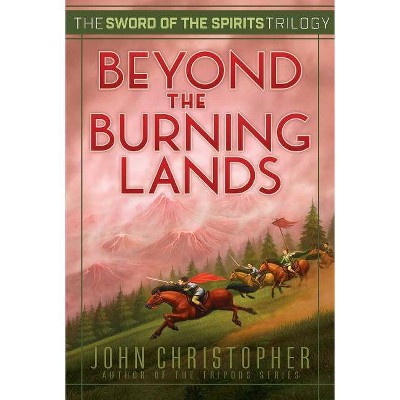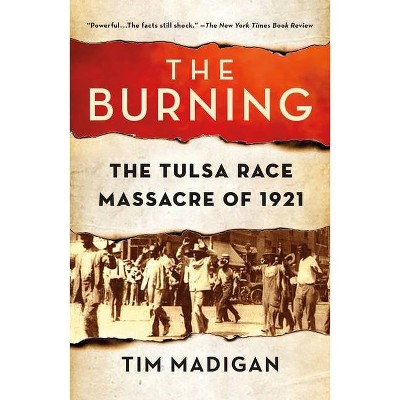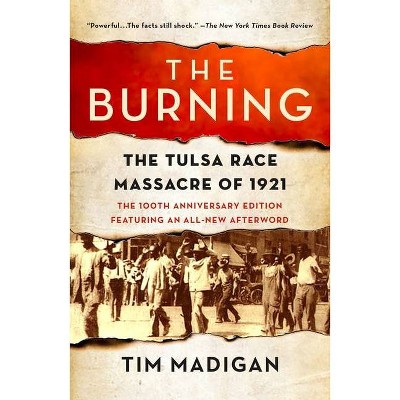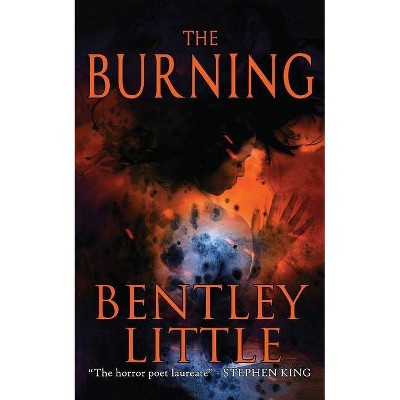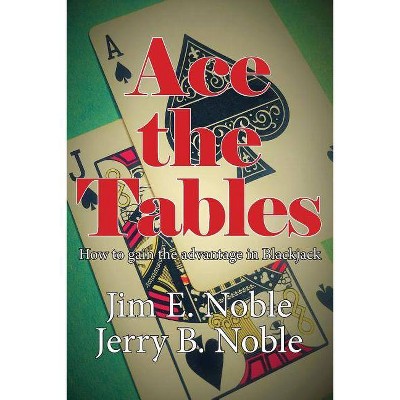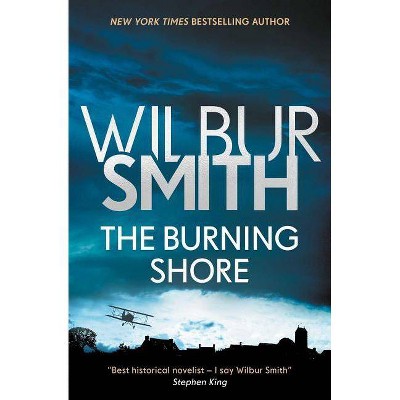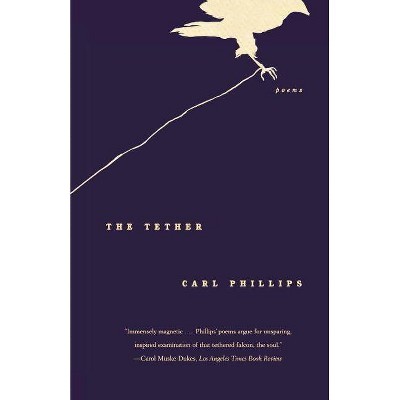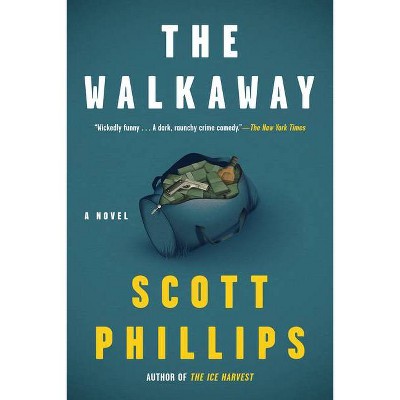Beyond the Burning Bus - by J Phillips Noble (Paperback)
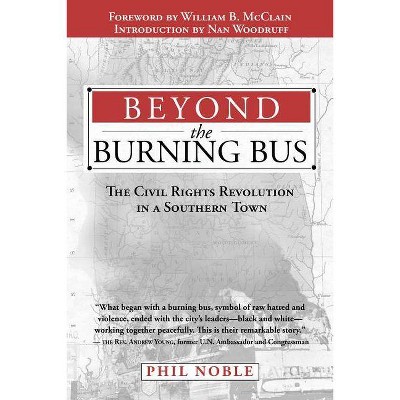
Similar Products
Products of same category from the store
AllProduct info
<p/><br></br><p><b> Book Synopsis </b></p></br></br>Anniston, Alabama, is a small industrial city between Birmingham and Atlanta. In 1961, the city's potential for race-related violence was graphically revealed when the Ku Klux Klan firebombed a Freedom Riders bus. In response to that incident, a few black and white leaders in Anniston took a progressive view that desegregation was inevitable and that it was better to unite the community than to divide it. To that end, the city created a biracial Human Relations Council which set about to quietly dismantle Jim Crow segregation laws and customs. This was such a novel notion in George Wallace's Alabama that President Kennedy phoned with congratulations. The Council did not prevent all disorder in Anniston--there was one death and the usual threats, crossburnings, and a widely publicized beating of two black ministers--yet Anniston was spared much of the civil rights bitterness that raged in other places in the turbulent mid-sixties. Author Phil Noble's account is carefully researched but told from a personal viewpoint. It shows once again that the civil rights movement was not monolithic either for those who were in it or those who were opposed to it.<p/><br></br><p><b> Review Quotes </b></p></br></br><br><em>Beyond the Burning Bus</em> is a welcome addition to American history with a focus on the civil rights era, and highly recommended. -- <b><em>The Midwest Book Review</em></b><br><br>A compelling read. -- <b><em>National Federation of Priests' Councils Newsletter</em></b><br><br>An important addition to civil rights and movement literature. I hope others who were placed in the precarious position of Reverend Phil Noble and his interracial council will honestly explore and present the story of their Human Relations Councils ... We seldom see what was happening on the other side of the street and the dynamics that propelled it-good and bad. This book allows us to see the bravery of unheralded heroes, black and white. They did their necessary work regardless of mass support given self-confessed supporters of murder. Thankfully, the Anniston Bus Burning lit a moral and spiritual fire. -- <b>Dr. C. T. Vivian</b>, Martin Luther King Jr.'s executive staff member<br><br>In the early 60s, when black and white ministers reached out to each other, their voyage was anxiety-ridden--as if they had been astronauts. But they did, and Phil Noble was one of them. He tells a story of violent clashes between good and evil in 'the town that burned the bus.' His book is a page-turning rarity among civil rights histories - a success story. -- <b>H. Brandt Ayers</b>, chairman and publisher, <em>The Anniston Star</em><br><br>In this book <em>Beyond the Burning Bus</em>, Phil Noble has given us the benefit of a view of struggle in places like Anniston that are rarely seen and yet are invaluable to understanding the depth and scope of the struggle to apply the moral imperatives of our faith to social, economic, and political challenges. There is only one Birmingham in Alabama, and only one Atlanta in Georgia, but I have known the sacrifices and heroic and faithful witness of saints in Decatur and Carrolton in Alabama and Wrightsville in Georgia and now the world can know of the significant aspect of the revolution that transpired in Anniston, Alabama ... thanks to the pen of Phil Noble. -- <b>Dr. Joseph E. Lowery</b>, Co-founder, Pres. Emeritus, SCLC Convenor, Ga. Coalition for the Peoples Agenda<br><br>Phil Noble gives us both an insider's perspective on a critically important period and place in our history, and very relevant insights for our current struggles with race relations. For those of us who remember the Anniston bus burning and who lived through the 60s in places other than the South, <em>Beyond the Burning Bus</em> gives us an intimate understanding of people and places that have shaped our lives. I thank God for Phil's impact in Anniston of the 1960s and on us today. -- <b>Executive Director of the General Council of the Presbyterian Church, USA</b><br><br>Phil Noble offers a moving, behind-the-scenes account of a tempestuous, often terrible time in the South. I was a teenager growing up in Mississippi when the Freedom Riders crossed the Alabama state line. The shouts, slurs, and sheer meanness of many people in our town that day remain seared in my memory. <em>Beyond the Burning Bus</em> reminds me that there was more to the story than prejudice, injustice, and violence. There were also great acts of compassion, strong voices for change, and an unbending commitment on the part of many Southerners, blacks and whites, to move to higher ground. What was it Gandhi said? 'We must be the change we wish to see in the world.' God bless Noble, McClain, and all the rest who revolutionized Anniston and showed so many others what had to be done. -- <b>Fourth Presbyterian Church, Chicago</b><br><br>Phil Noble, Presbyterian minister extraordinaire, belongs to that odd company of folk--all the way back to Moses--who found their life taken up in a struggle for the things of God. Like Moses and his ilk, Noble was going about his business (in his case ministry) when his immediate context, infused with God's purpose, put him front and center in the struggle for racial justice, a struggle he pursued with grace, wisdom, and passion. Noble is a quintessential Southern storyteller, keeping things specific and concrete. In our contemporary world of amnesia, remembering the detail of the risk, the wonder, and the newness through risk is an urgent task. Phil remembers and tells well; implicit in his telling is a summons to contemporary readers to enlist and reenlist yet again in the struggle not yet completed. -- <b>Columbia Theological Seminary</b><br><br>The history of the civil rights movement is incomplete without the record of the events and struggles which took place largely outside the national spotlight. This significant book shows how black and white leaders in one small Southern city determined to work together for peaceful desegregation. The story is rich and uplifting. -- <b>Morris Dees Jr., Esq.</b>, co-founder and chief trial counsel of the Southern Poverty Law Center<br><br>The story Rev. Phil Noble tells in <em>Beyond the Burning Bus</em> is engaging, in part because he was in the middle of the struggle. But he is also a truth-teller. In a time now of continued unrest in Ferguson, Mo., and elsewhere over matters of racial justice and social systems that keep people down, Noble's book is a good reminder that although the U.S. has made progress since the 1950s and '60s, there is still much to do. -- <b>Bill Tammeus</b>, Bill's "Faith Matters" Blog<br><br>The Christian Church has often been accused of remaining passive in the face of racial injustice. This is a story of how a few black and white men in Anniston, Alabama in the 1960's had the courage of their convictions to step forward and quietly work behind the scenes to peacefully break down the walls of segregation in their community and avoid the violence that exploded in other southern cities. It is a story that needs to be told, but also a story that needs to be read by a wide audience: by young people who did not live through those troublesome times; by those who may have forgotten how frightening they were; by those who look for models of courage to go against the grain of their culture; by those who search for examples of how a few people can make this a better world; and by the critics who wondered where the church was in the struggle for racial justice in the South. This book should be in every church library. -- <b>Presbyterian Minister</b>, former President of Columbia Theological Seminary, Decatur, Georgia, and former Moderator of the Presbyterian Church USA<br><br>This book is more than a lesson in history. It is, indeed, a historical insight that will be new for many regarding the role of the church during the days of the civil rights revolution. But this book is also a lesson for the present in our current struggles to be faithful to what it is God calls us to be and do in the midst of issues that tear at our communities today. The dreams for trust and understanding that this community in Alabama had in 1956-65 are very much our dreams for our communities in this time. May the courage of those who made history <em>Beyond the Burning Bus</em> instruct us as we make history today. -- <b>President</b>, Columbia Theological Seminary, Decatur, Georgia<br><br>This is a compelling account of how one Deep South community came to terms with itself amid the racial conflicts of the 1960s. No one is better equipped to tell this moving story than Phil Noble, whose courageous faith enabled him to join with a handful of his fellow citizens to provide the leadership that overcame the racist hate and the fear of change that threatened his city. To read this book is to be reminded of how difficult that battle was but also of how rewarding the results have been. It is a stirring and inspiring chronicle of the ultimate triumph of fairness and justice over bigotry and prejudice. It is why Phil Noble has long been one of my heroes. -- <b>William Winter</b>, former governor of Mississippi<br>
Price History
Cheapest price in the interval: 17.39 on October 22, 2021
Most expensive price in the interval: 17.39 on December 20, 2021
Price Archive shows prices from various stores, lets you see history and find the cheapest. There is no actual sale on the website. For all support, inquiry and suggestion messagescommunication@pricearchive.us
